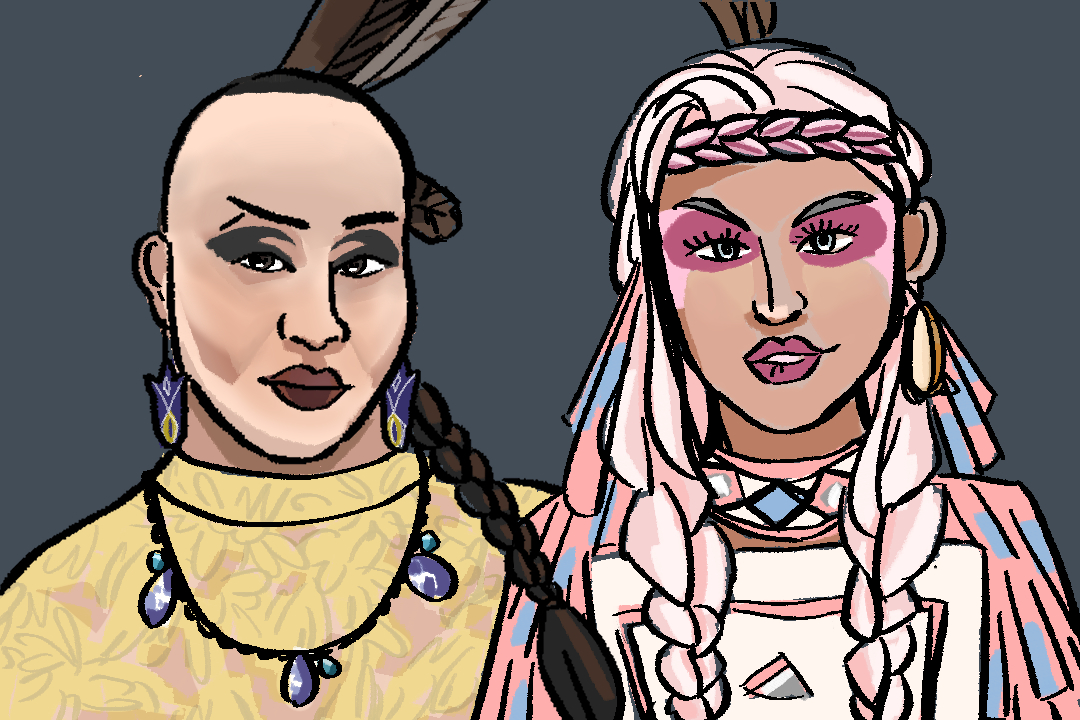Filmmaker Tracey Deer began conceptualizing her film, Beans, as a preteen, with the intention of showing Canadian audiences the hardships she was facing at that moment — the reality of an Indigenous child during the Oka Crisis of 1990.
Deer was born in Kahnawake, a Mohawk community located in Montréal. When she was 12, Kanesatake, a community near Deer’s, sought to protect disputed land, which included burial grounds, from a golf course expansion project proposed by the town of Oka, Québec. Through the lens of a protagonist who struggles with her place within the world she was born in, the film tackles Deer’s inner conflict while coming to terms with these events.
To mark Canada’s first National Day for Truth and Reconciliation, Deer joined Innis College for a virtual viewing of Beans, which won the 2021 Canadian Screen Award for Best Picture.
Following Beans’ broadcast, Deer participated in a discussion about finding the strength to create her film, holding Canada accountable for violence against Indigenous peoples, and creating a safer future for Indigenous youth.
Creating a challenging film
At the time of Beans’ release, Deer was already a seasoned director — earlier that year, she’d received an emerging talent award at the Toronto International Film Festival. However, the filmmaker explained that Beans was a more difficult film to create — one whose script took her eight years to write.
“This has always been the project I was most afraid of,” Deer admitted in the discussion. “Everything for me stems back to [the summer of the Oka Crisis] — so much of my own self worth and my own identity.”
She added that being able to tell the story of Beans was a “big chapter” in her healing process, because “[Indigenous peoples] carry our trauma and that’s really heavy.”
Taking accountability as settlers
Arguably the most striking creative choice that Deer made regarding Beans was to include grim archival footage of the Oka Crisis. The footage, Deer explained, would prevent non-Indigenous audiences from denying the severity of that crisis.
“I think people get very uncomfortable and I think it’s really natural when you’re uncomfortable to find a way out,” the filmmaker explained. “I didn’t want people to be able to say, ‘Oh, I’m sure that didn’t happen. Oh, I bet this is fictionalized.’ ”
Though the intent of her film wasn’t to place blame on Canadians as individuals, Deer highlighted the importance of holding the Canadian government accountable for their actions. “It was their armed forces that came and surrounded our community… it was their government officials and those policies, those actions, that attitude,” she described.
“You and I know that this is still happening across this country, and that damage is still being done to our young people.”
Protecting Indigenous youth
Towards the end of Beans’ discussion, Deer was asked what the term ‘reconciliation’ meant to her on a day that was meant to honour the Indigenous populations in Canada. Her answer focused on one word: ‘friends.’ “If we had more friends that summer… would that have happened? Would our friends have allowed those people to throw rocks at us, to send those tanks to our home?”
“As you get older… as an Indigenous person, you get stronger and stronger, and tougher and tougher, and [your] skin gets thicker and thicker, because [it has] to,” Deer explained. “I don’t want the next generation to have to navigate all of that anger and all of that rage and have to develop such thick skin.”
“I want them to put their energy into things that make them happy, [things] that make them excited.”


